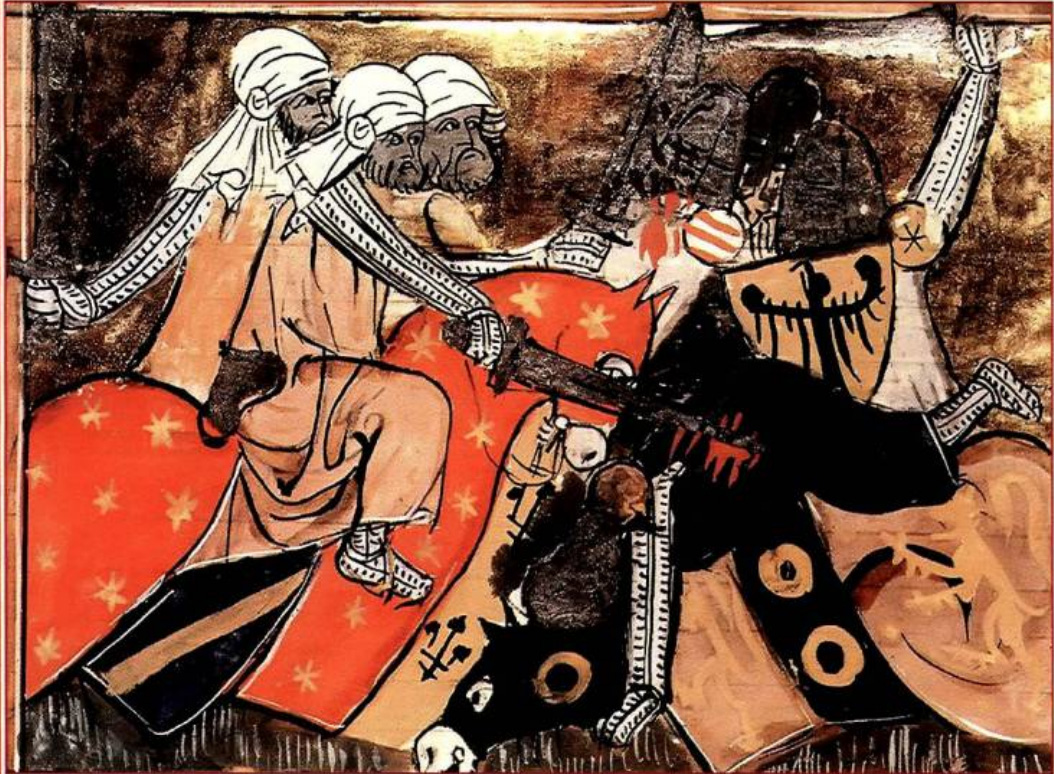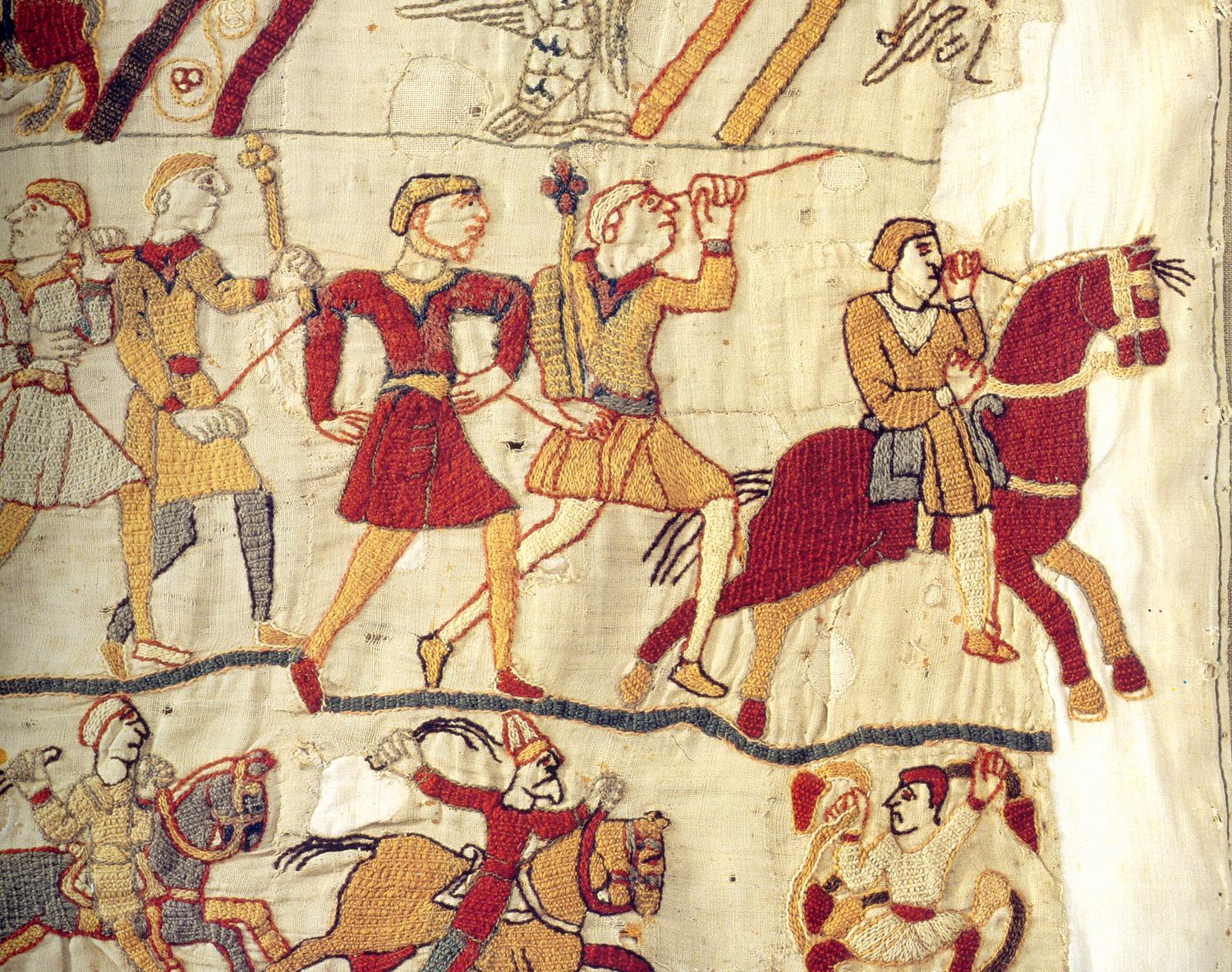So, I was watching John Oliver's youtube videos from Last Week Tonight. They're a good laugh, and I mostly avoid the ones where I know I am going to be offended (I DO try to inform myself on other points of view than my own, but John Oliver is not where I go for such things).
So anyway, I broke the rule, and ended up watching the one where he talks about the gay marriage vote in Ireland. It was as I expected, and of course, he took a stab at the Church, because - I paraphrase - Its victories for humanity included "the Crusades, forced adoption and a wildly successful paedophile exchange program". Guffaw.
The thing that gave me pause, actually is the mention of the Crusades. Of course, comedians like John Oliver bank on accepted ideas (even though these accepted ideas have little to do with what the public actually thinks, and a lot more to do - although they would be mortified to admit this -with political correctness). So I didn't expect him to use a properly contextualised, factually accurate and measured description of a historical event. Of course he was going to go with what one is supposed to think about the Crusades.
But it is still galling, especially to a historian, because it relies on impressions and tone rather than facts and research, whilst still being presented as an absolute everybody should agree on.
So, the tone in which one must think of the Crusades is : bad, proto-colonialism, bullying of innocent Muslims (who were so much more advanced than their boorish enemies).
And this is just accepted. This is what a very complex situation is reduced to. No-one pauses to ask a few basic questions: so how did the Muslims get there? Who was there before? What happened to them? Was there any truth in the Christians' claim? Or even if these questions seem too arcane, how about the most basic of all: Who won the war?
Because the answers actually are: by conquest / Jews, Christians and Pagans / they gradually had to convert / yes, there was, Byzantium had been begging for help for decades (no, it didn't turn out brilliantly for them in the end).
And to the most basic question of all: the Muslims.
 |
| See? Perfectly able to defend themselves. |
This image of agressive westerners coming to uproot innocent non-violent natives under made-up pretexes invented by a power-hungry and calculating Church has next to no truth in it whatever. At best, you are getting confused with the nineteenth century (or the sixteenth). You are ignoring the context. You are swallowing propaganda whole without the smallest modicum of doubt, or attempt at verification.
The tone given to an event has nothing to do with history. Or rather, it does, but not the history which was taking place at the time. Here, it is coloured by post-colonialism, it is the forceful injection of later events into a Medieval reality.
Just like when English kids root for the Saxons against the Normans, they are actually using Nineteenth century concepts of nationalism in a context which had no notion of it.
And the harm this can do is great. Because if you insist on judging historical events by the standards of our time, rather than theirs, not only will you be incapable of recognising the humanity of your forebears (and therefore only have contempt for them, and accept whole the idea that OUR time, is the best time, no need to look back), but also, you will put your own legacy at risk.
Because if it's ok to condemn great men of the past because of what we think now, it will be ok for your children to dismiss and condemn your opinions and actions, and by extension your whole person, according to standards you can't even fathom yet.
Sounds risky?
It is.
So stop it.
P.S: Of course I'm not saying all was great and good in the olden days, and we should not criticise anything. I'm just saying, we should always be aware it's more complicated than that.


No comments:
Post a Comment